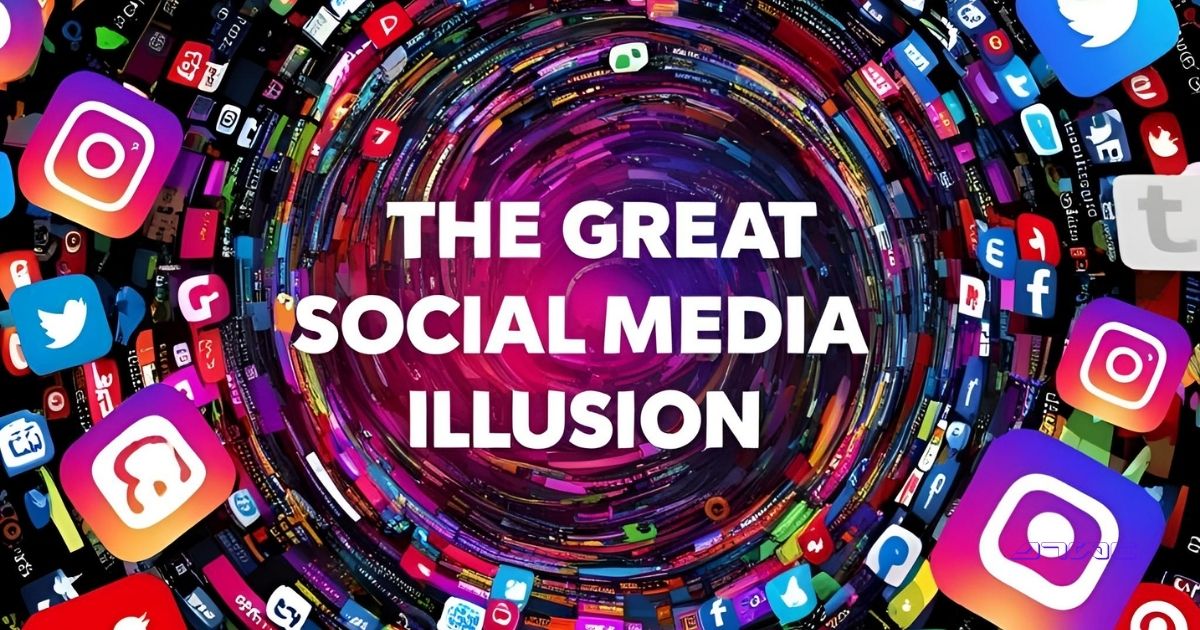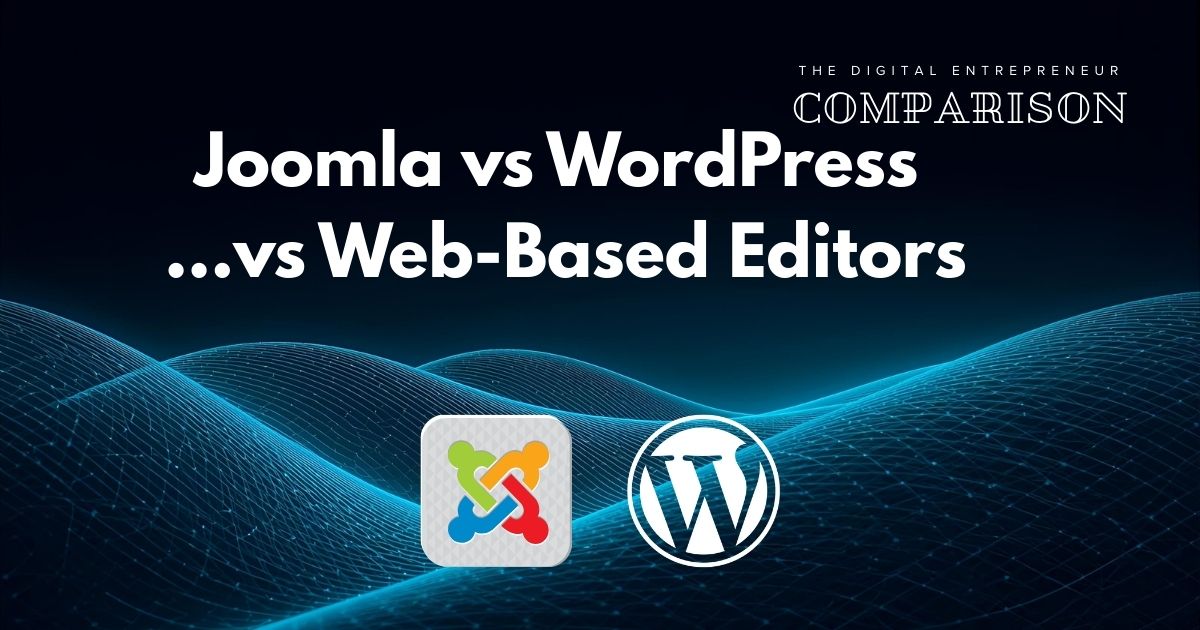The Great Social Media Illusion
For over a decade, businesses have poured time, energy, and budgets into social media. Facebook pages, Instagram feeds, and Twitter accounts became the go-to strategies for reaching customers. But in recent years, the tide has turned. Algorithms have strangled organic reach.
Engagement rates are plummeting. Ad costs are rising.
And most critically, brands are waking up to a painful truth: they don’t own the platforms, the audience, or the conversation.
Social media promised us control and connection. What it delivered was dependence.
The Rise and Fall of Social Media Marketing
Social media marketing had its golden age. From 2010 to 2020, businesses large and small built loyal followings and reaped impressive returns. But as platforms grew, so did their control. Paid visibility became the norm. Authenticity was replaced by trend-chasing. And the brands that once thrived now find themselves at the mercy of changing policies, opaque algorithms, and declining trust.
Let’s be clear: the social media era as we knew it is over.
1. Declining Organic Reach on Social Media
-
Instagram's organic reach decreased by 18% year-over-year in 2024, averaging a 4.00% reach rate.
-
Facebook's average organic reach for a page post is now approximately 5.2% of the page’s followers.
-
Twitter (now X) has an estimated organic reach of about 3%, with a median engagement rate of 0.03%.
2. The Importance of a Robust Website
-
93% of website traffic originates from search engines, highlighting the significance of SEO and website optimization.
-
75% of consumers judge a business's credibility based on its website design.
-
97% of people check a company’s online presence before deciding to visit their business, emphasizing the need for a strong digital footprint.
Content Is Still King, but Context Is Queen
We’ve always heard that content is king—and it is.
But without context, even the best content fails. That context? Your website. It’s the only space where your brand sets the rules. Where design, storytelling, and functionality come together on your terms.
Social platforms are loud, competitive marketplaces.
Your website, by contrast, is your curated stage. It’s where you showcase your expertise, host in-depth material, and guide visitors toward action.
Why Your Website Needs to Be the Hub Again
A good website isn’t just a digital business card. It’s your base of operations.
-
Control: Total ownership of your content, user experience, and data.
-
Conversion: Better tools to turn visitors into leads, customers, or subscribers.
-
Integration: Connect with your CRM, email campaigns, booking system, e-commerce platform.
-
Trust: A professional site signals credibility far more than a cluttered social feed.
Everything else—social media, newsletters, SEO, ads—should bring people back to your site.
A Balanced Modern Marketing Strategy
We’re not saying abandon social media. Instead, reposition it. Treat it as a distribution tool rather than your main platform.
-
Post snippets and highlights on social channels.
-
Drive traffic to blog posts, landing pages, and lead magnets.
-
Focus on SEO, long-form content, and email list building.
-
Embrace timeless content over reactive trend-chasing.
Your efforts should serve to build durable assets—not chase fleeting likes.
The Future Is Owned Media
More brands are waking up to the power of owned media. Newsletters, podcasts, premium content libraries, and membership communities offer independence and resilience. These formats build direct relationships with audiences.
The digital world is shifting toward deeper engagement, not just louder noise. Websites that offer genuine value, insight, and utility will thrive.
Bring It Home
The website never died. It was just overshadowed by hype. But in this new era of digital marketing, it’s time to come home.
Rebuild your website. Refocus your strategy. Make it the center of gravity for your brand.





